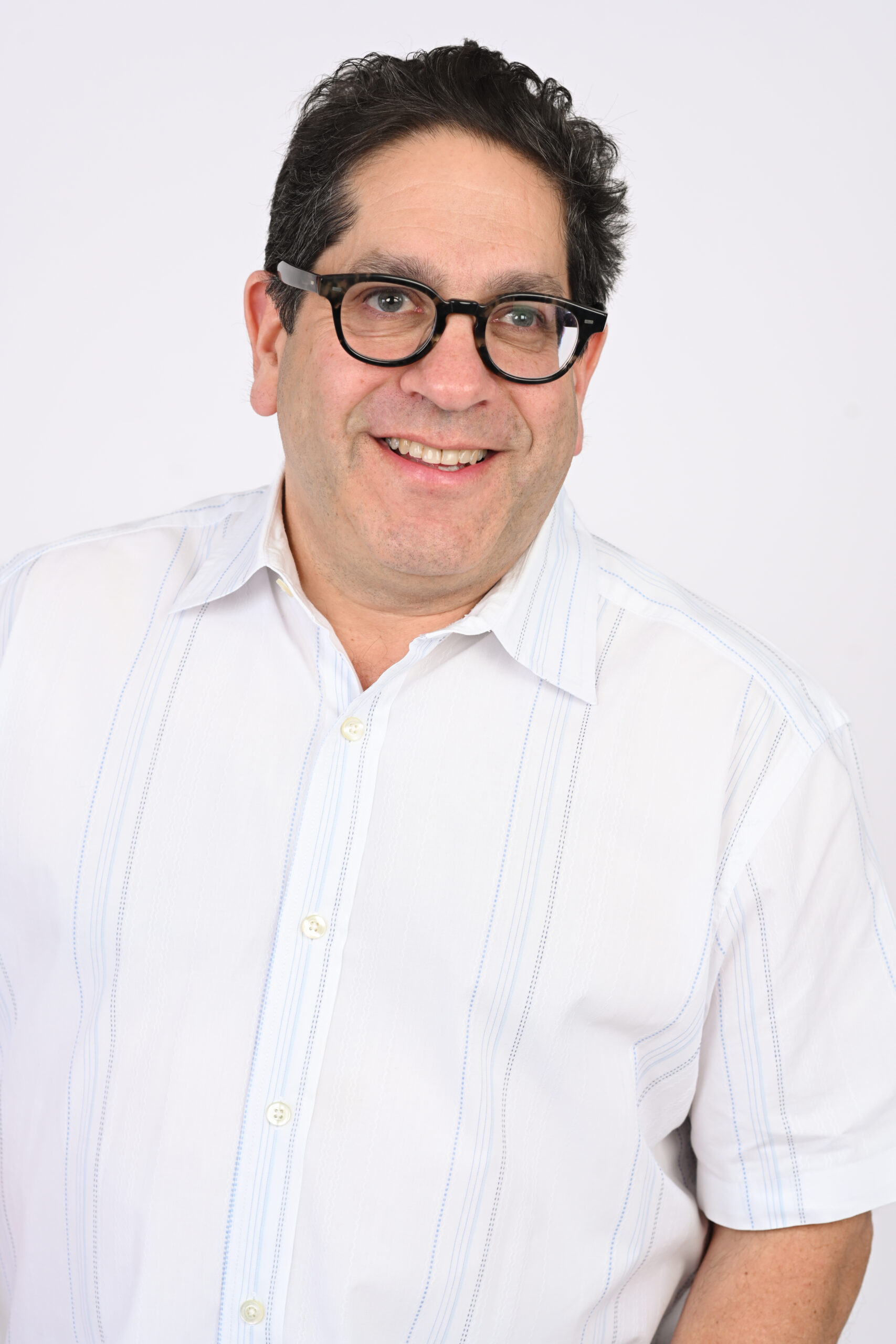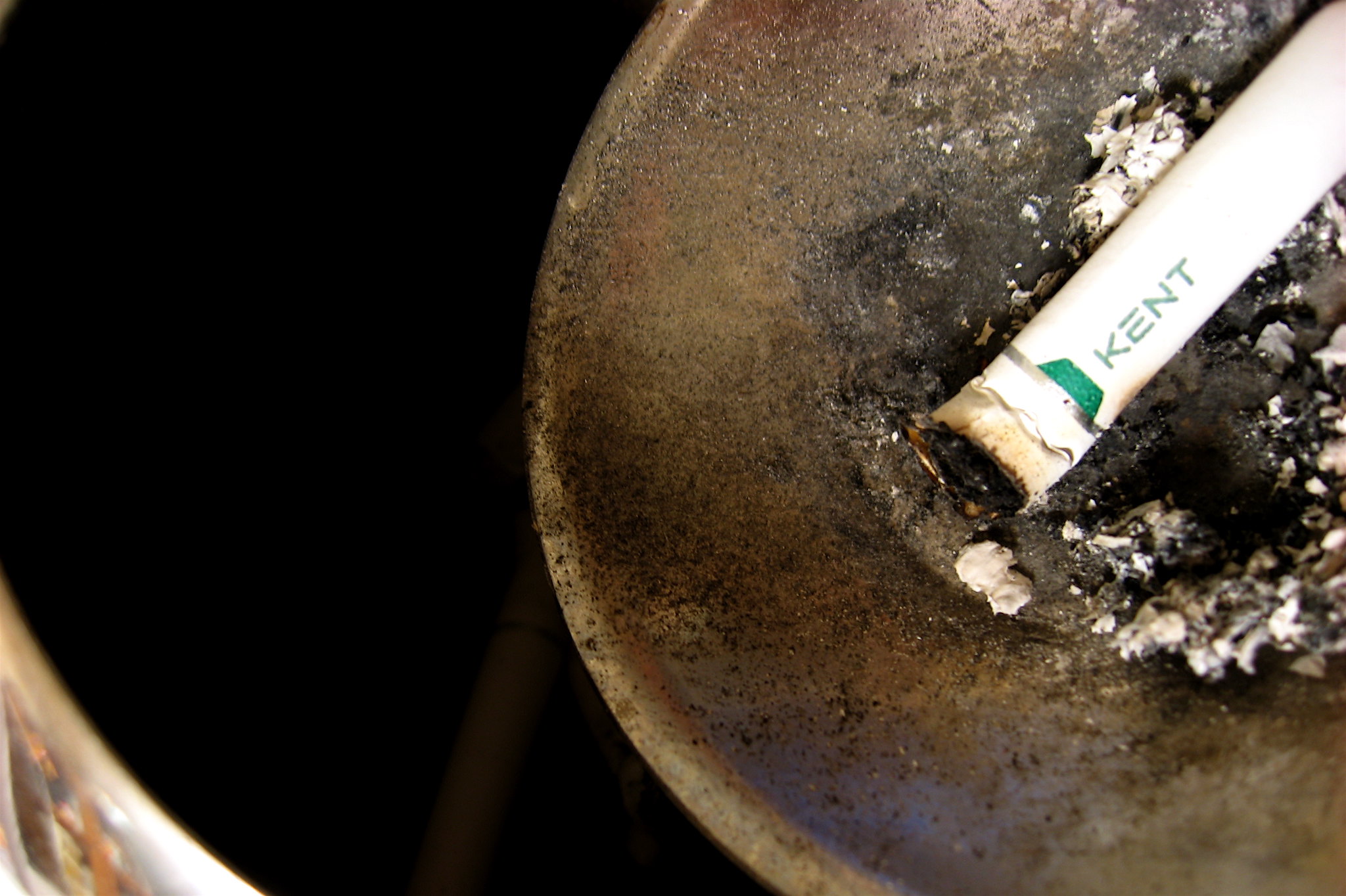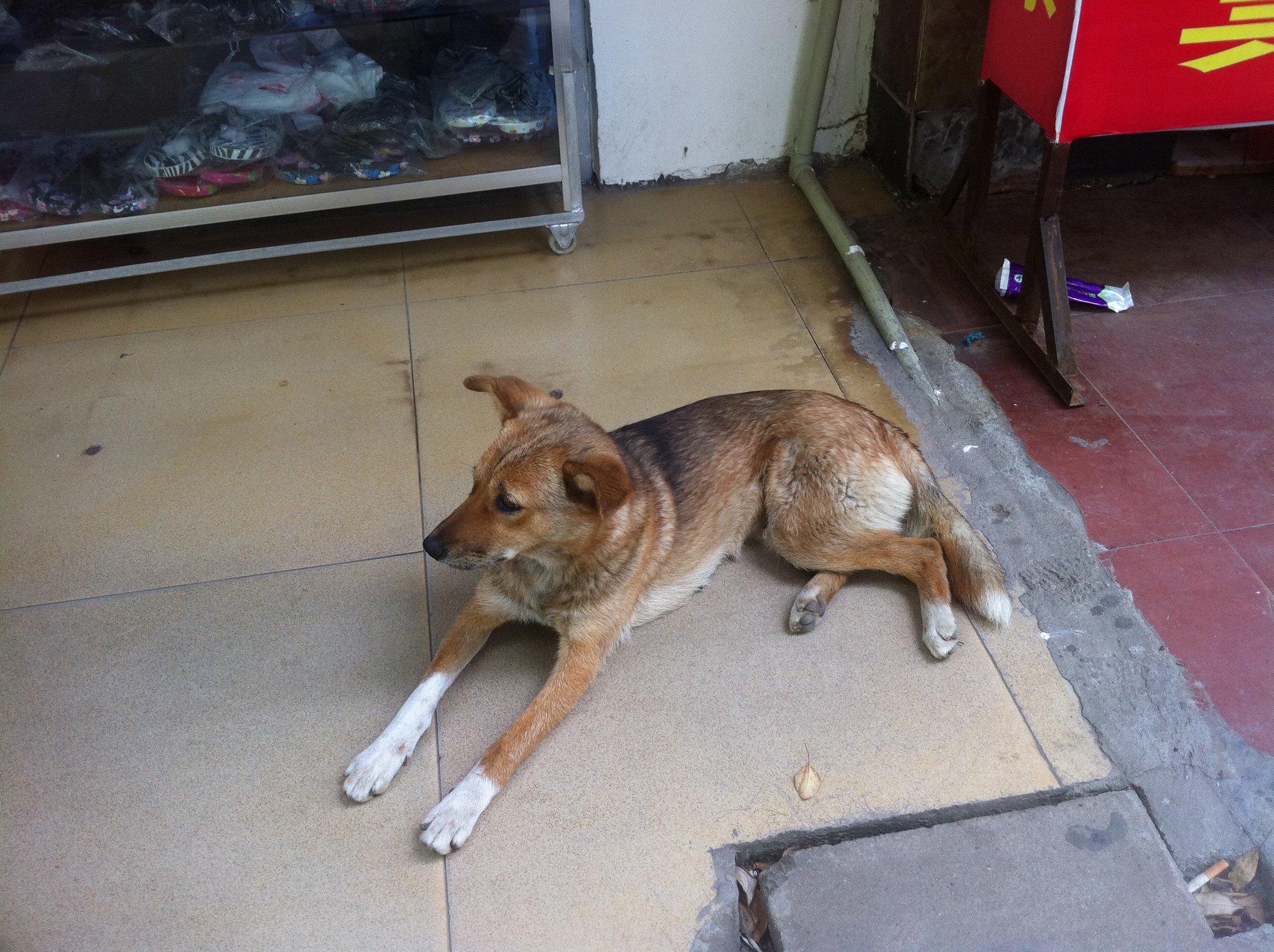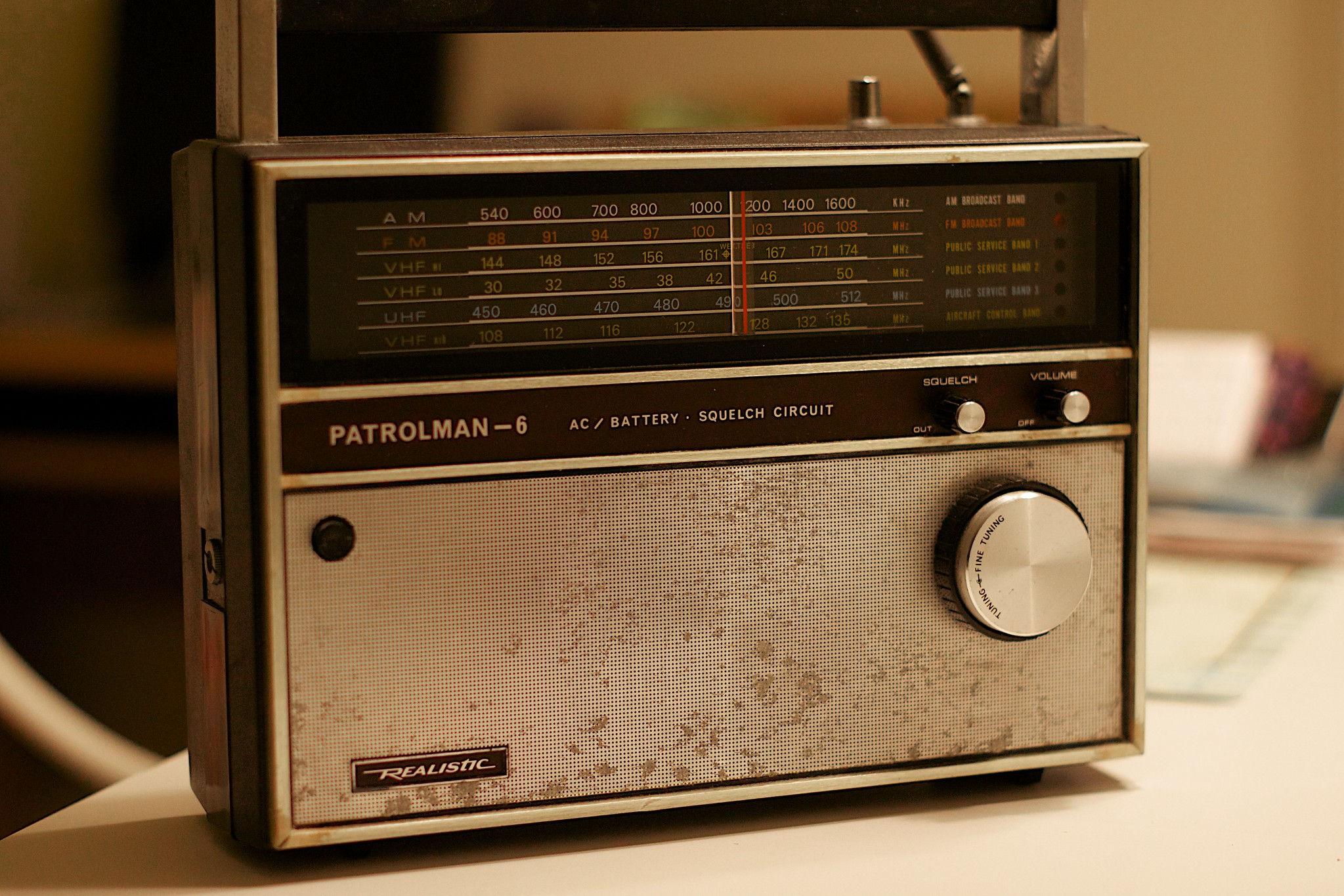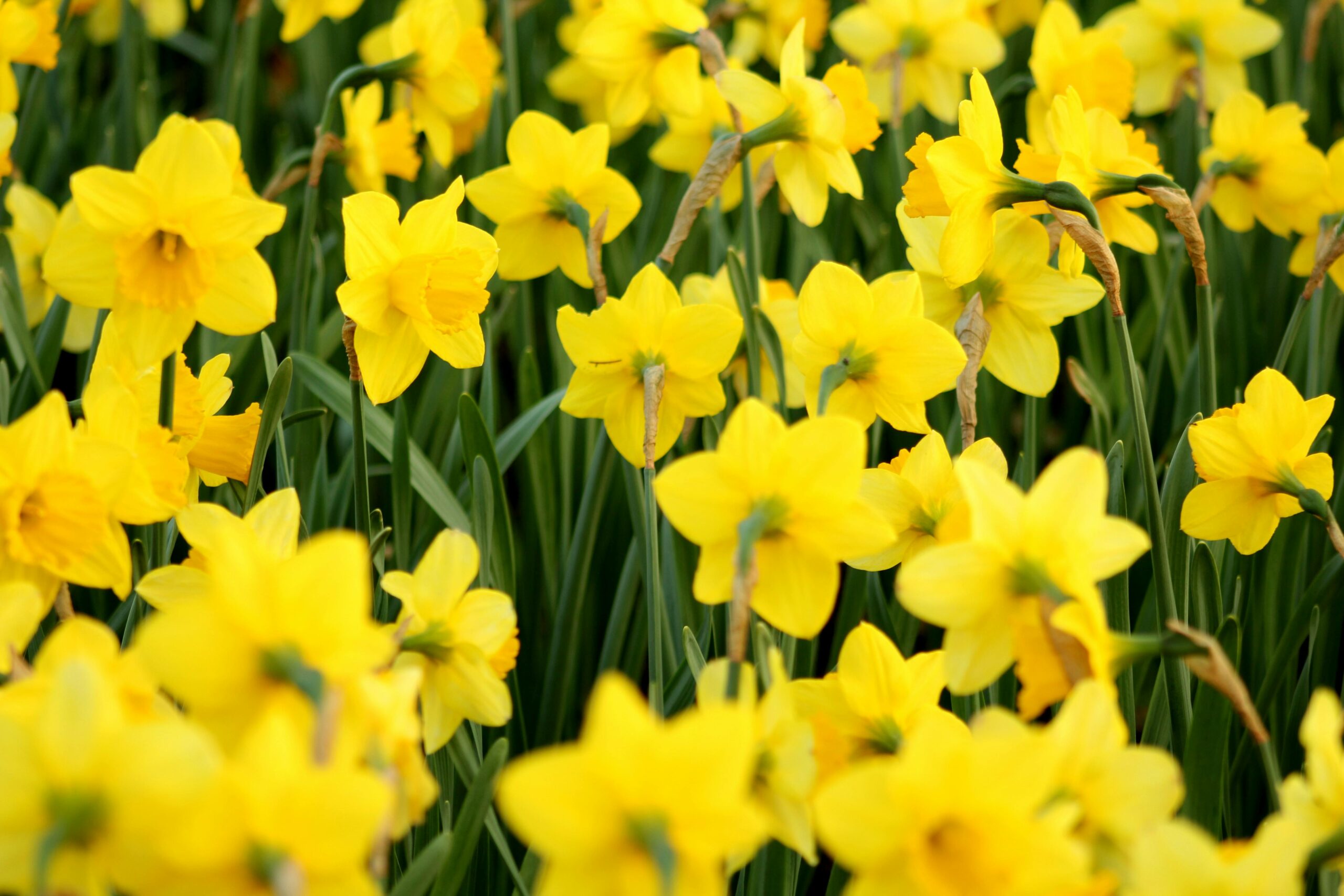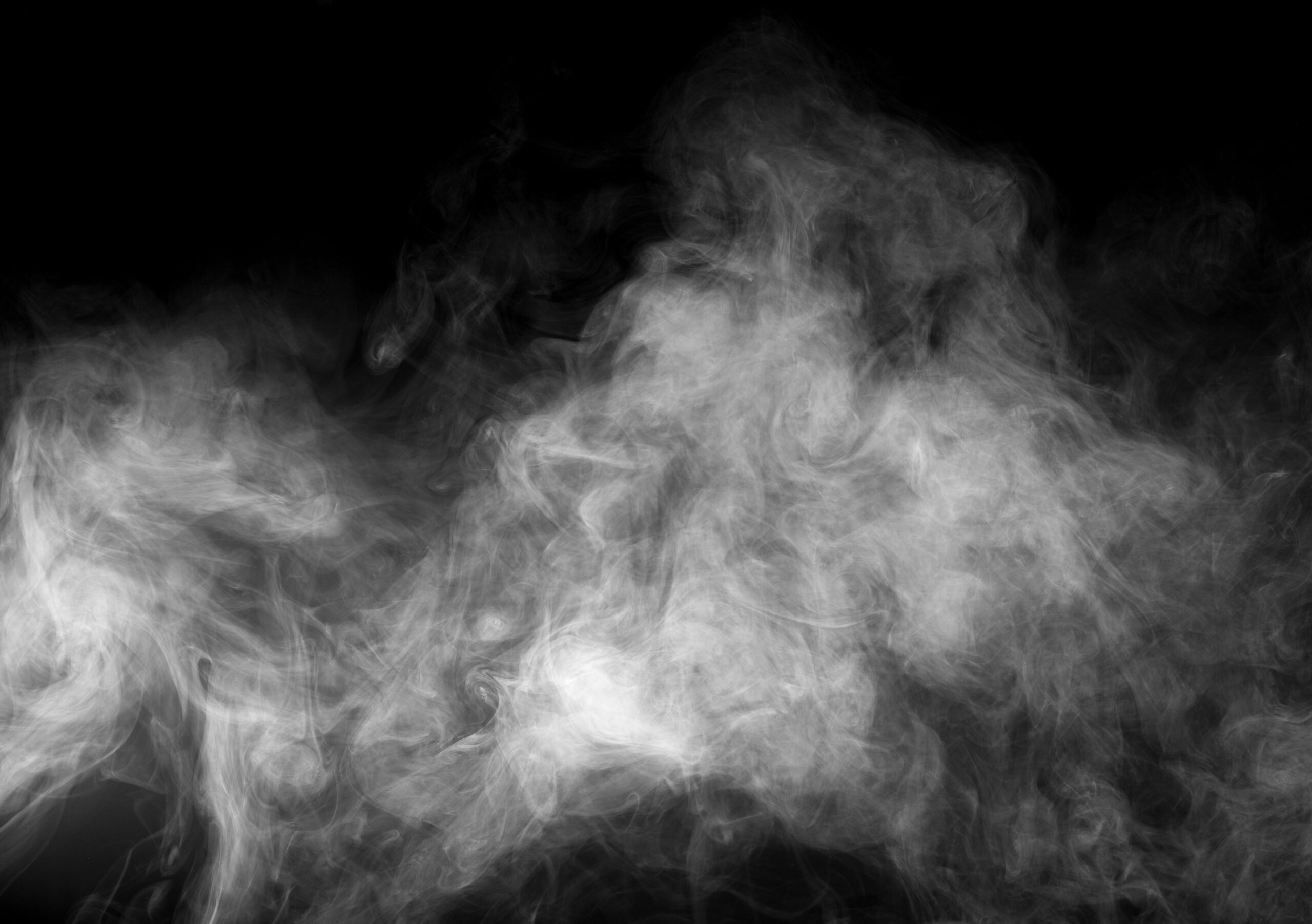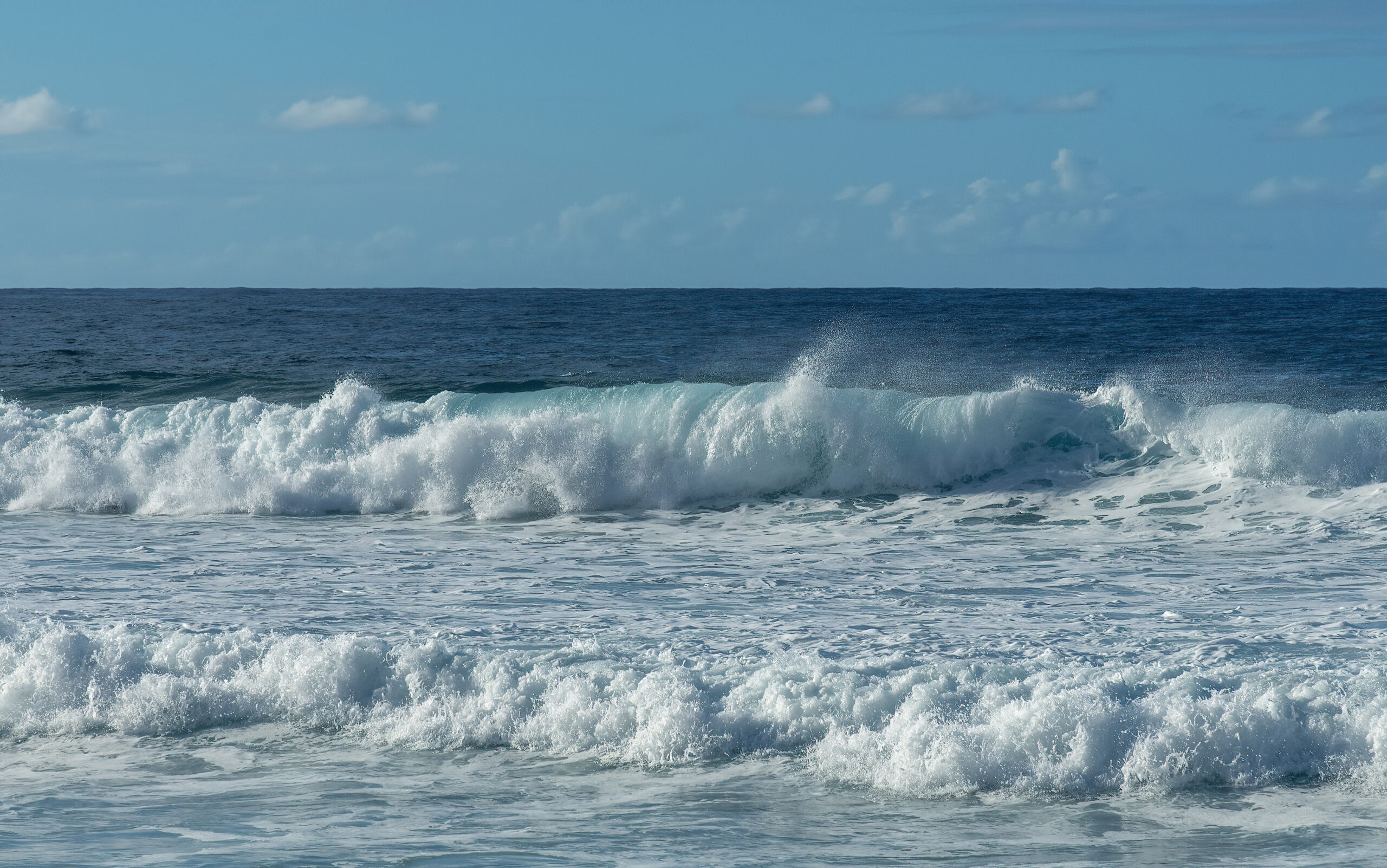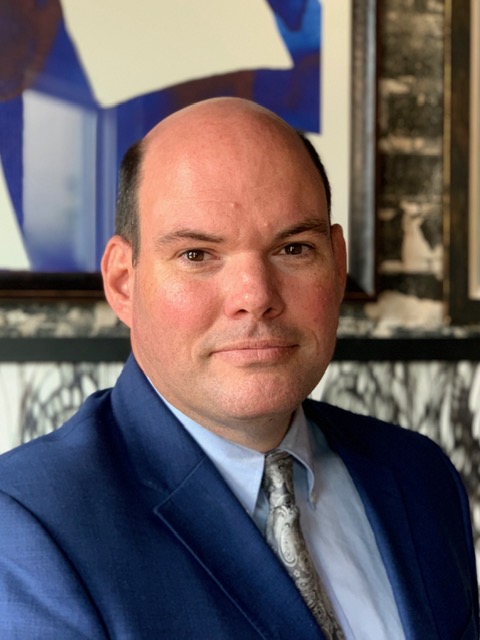I tried to get in touch with my inner knowledge.
Turns out I have no inner knowledge.
I used to think I did.
Could sit on a rock contemplating the frog, the river, the rotisserie chicken
and know that everything is connected to everything else.
Or, that I had a messed-up childhood and never fully left the home.
Or, that abandonment was a product of eating too much candy.
But then the dog saw the squirrel.
Poetry
Avenue B
If you ever want to feel real,
even important,
cry on the street.
Sob. Heave. Bum a half-smoked cigarette.
Call and Response
By TREY MOODY
My grandmother likes to tell me dogs
understand everything you say, they just can’t
say anything back. We’re eating spaghetti
while I visit from far away. My grandmother
just turned ninety-four and tells me dogs
understand everything you say, they just can’t
Ecstasy Facsimile
Longing to make his life compact as sushi, my shame
borrows the saint’s apron, shackles his swivel in her cincture. My shame
walks the earth with an electric blanket, goes to the gym to window-shop with
it, heads for the hills where he takes selfies meditating. To the person
on the bus who inquires, my shame
Atlanta Spa Mass Shootings
By ANN INOSHITA
This poem is excerpted from Eh, No Talk Li’dat.
Eh, No Talk Li’Dat, an anthology forthcoming from Kaya Press, is centered on Pidgin, or Hawai‘i Creole English. The following poem is excerpted from this anthology.
Pidgin began as a dialect of trade between Native Hawaiians and Western seafarers and merchants and evolved as a Creole language in the sugar plantations in the 1920s and ’30s, yet, until today, it is deemed substandard by school administrators and is not recognized as a Creole language by the State Department of Education. It is the only language I can think of in the U.S. that was co-authored by the various ethnic groups in the islands: Native Hawaiians, Pacific Islanders (Samoa, Tonga), sugar planters and migrant laborers from Asia (China, Japan, Korea, the Philippines), Portugal (Madeira and the Azores), and Puerto Rico. Recent speakers and innovators of Pidgin include transplants from Micronesia. In addition to the poems, stories, and excerpted plays, all written in Pidgin and contributed by over forty of Hawai‘i’s writers, the genre-defying Eh, No Talk Li’Dat includes archival materials, newspaper articles, transcripts of televised comic skits, and comic strips.
March 16, 2021
Trump blamed China fo COVID-19
calling da virus Kung Flu and da China virus,
so get pleny people from pleny states going afta Asian Americans
blaming Asians fo da pandemic.
Lover, before the pandemic
I understood power
as the ability to excite
desire. When I passed
the socialists camped out
in the square in Mexico City
last summer I cringed
in recognition and took a picture
that I texted to my anarchist
in another country.
Woodpecker
At first I thought the pileated woodpecker
that lifted up from the yard as we came home
from a walk in the woods, flapping
away on long black wings that curved
up at the tips and flashed white
underneath, might be a visitation
Theology of Flight
Morning wind speaks a dialect of smoke,
brings news from yesterday and tomorrow:
what’s burning there will soon enough burn here.
One bullet. Even a rumor of bullet
restless in the chamber of a neighbor’s gun.
To run, before he arrives with his god.
Herman’s Bones
By AMALIA BUENO
This poem is excerpted from Eh, No Talk Li’dat.
Eh, No Talk Li’Dat, an anthology forthcoming from Kaya Press, is centered on Pidgin, or Hawai‘i Creole English. The following poem is excerpted from this anthology.
Pidgin began as a dialect of trade between Native Hawaiians and Western seafarers and merchants and evolved as a Creole language in the sugar plantations in the 1920s and ’30s, yet, until today, it is deemed substandard by school administrators and is not recognized as a Creole language by the State Department of Education. It is the only language I can think of in the U.S. that was co-authored by the various ethnic groups in the islands: Native Hawaiians, Pacific Islanders (Samoa, Tonga), sugar planters and migrant laborers from Asia (China, Japan, Korea, the Philippines), Portugal (Madeira and the Azores), and Puerto Rico. Recent speakers and innovators of Pidgin include transplants from Micronesia. In addition to the poems, stories, and excerpted plays, all written in Pidgin and contributed by over forty of Hawai‘i’s writers, the genre-defying Eh, No Talk Li’Dat includes archival materials, newspaper articles, transcripts of televised comic skits, and comic strips.
After Hart Crane’s “At Melville’s Tomb”
Da ocean like us know we all going die.
She stay keeping all our bones.
I seen da wave take ’em
den bring ’em to da shore
den take ’em back out again.
Plenny bones,
and inside da bones—mana.1
One day, da ocean all quiet,
da waves all calm, den alla sudden
all kapakahi.2
Da waves wen straight up,
alla way up,
up to da sky
fo’ real kine was all spiritual like
like I was at church
and everybody all quiet.
I wen3 look up
up at da stars, and das when,
inside da stars
I seen all da bones
all da answers
to everything.
Our fren Herman,
way up high in da blue waves
he not evah going come back.
Way up high,
his bones, his mana
da ocean stay keeping ’em
so lucky da ocean
fo’ keep Herman fo’ evah
cause only she can.
—
Amalia Bueno is an educator and writer based in Honolulu. Her poems and stories have been published by Bamboo Ridge, Hawaii Pacific Review, and Philippine American Literary House, among others. Her literary interests include Pinay poetry, decolonization, and Hawai‘i Creole English. Her poetry chapbook, Home Remedies, was published in 2015.
Jesuit School Fountain Ravens
Some descended from the arms
of our chapel cross, while lower
brothers abandoned statues
to bathe and drink at the heart
of our campus. Here, this flock
is no congress, no murder—
too innocent for such names.
